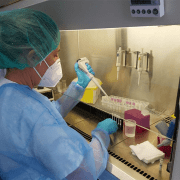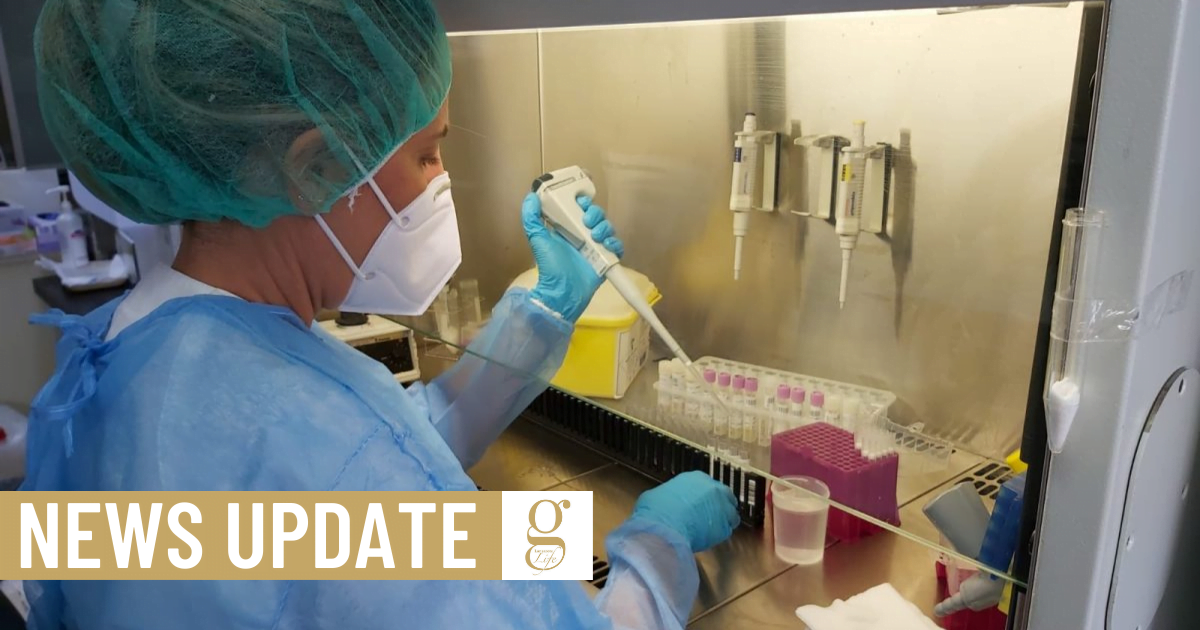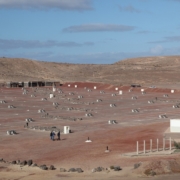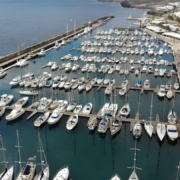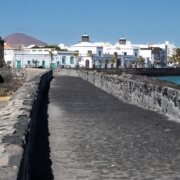The Canarian Government today published its law requiring tourists to provide proof of a negative test result upon arrival at their accommodation.
From when will tourists be required to show test results?
The law comes into effect today, but includes a 10-day period during which test certificates will not be required. The 10-day period is measured in dias habiles (working days/ weekdays), which means that anyone staying in tourist accommodation on or after Monday the 16th of November will be required to show proof of a negative test result.
This is our interpretation of the law, and you are advised to contact your accommodation provider if you’re travelling in the next couple of weeks.
What are the responsibilities of accommodation providers?
They must check and approve the certificates, and have a duty to inform clients of the laws, and the nearest testing centres. Reception areas must display posters explaining the law in five EU languages. In general, tourists must be turned away and diverted to test centres if they have no certification, but if that is not possible, the establishment may accommodate them overnight until they can be tested. During this period they must stay in their room.
What if I can’t get tested at origin?
Tourists who arrive without a certificate will be sent to the nearest testing centre, where they will have to pay for a test.
Which test results are acceptable?
The law mentions “diagnostic tests of active infection”, which appears to include PCR (swab) tests and antibody (blood) tests.
Who does the law apply to?
Anyone over the age of 6 staying in tourist accommodation. Canarian residents and other people who are already on the islands will be required to sign a declaration that they have not left the islands in the past 15 days before they can stay in hotels or tourist accommodation.
Will it work?
This is also debatable. Coastal and island tourist areas throughout Spain have been among the least-affected by the pandemic, which has instead been focused on large urban centres and the northern regions. On Lanzarote, Spanish tourists were among the first cases in the second wave, but there were also well-publicised cases involving Lanzarote residents returning from high-risk areas. These will still not be required to show test results.
Once the law comes into effect, a person visiting from Blackburn – the worst-affected area in England – would have to show a negative test result if they are staying in a hotel, but would not have to do so if they are staying with a family member who lives and works in Lanzarote. The risks are easy to imagine, but the Canarian government lacks the power to do anything about it.

